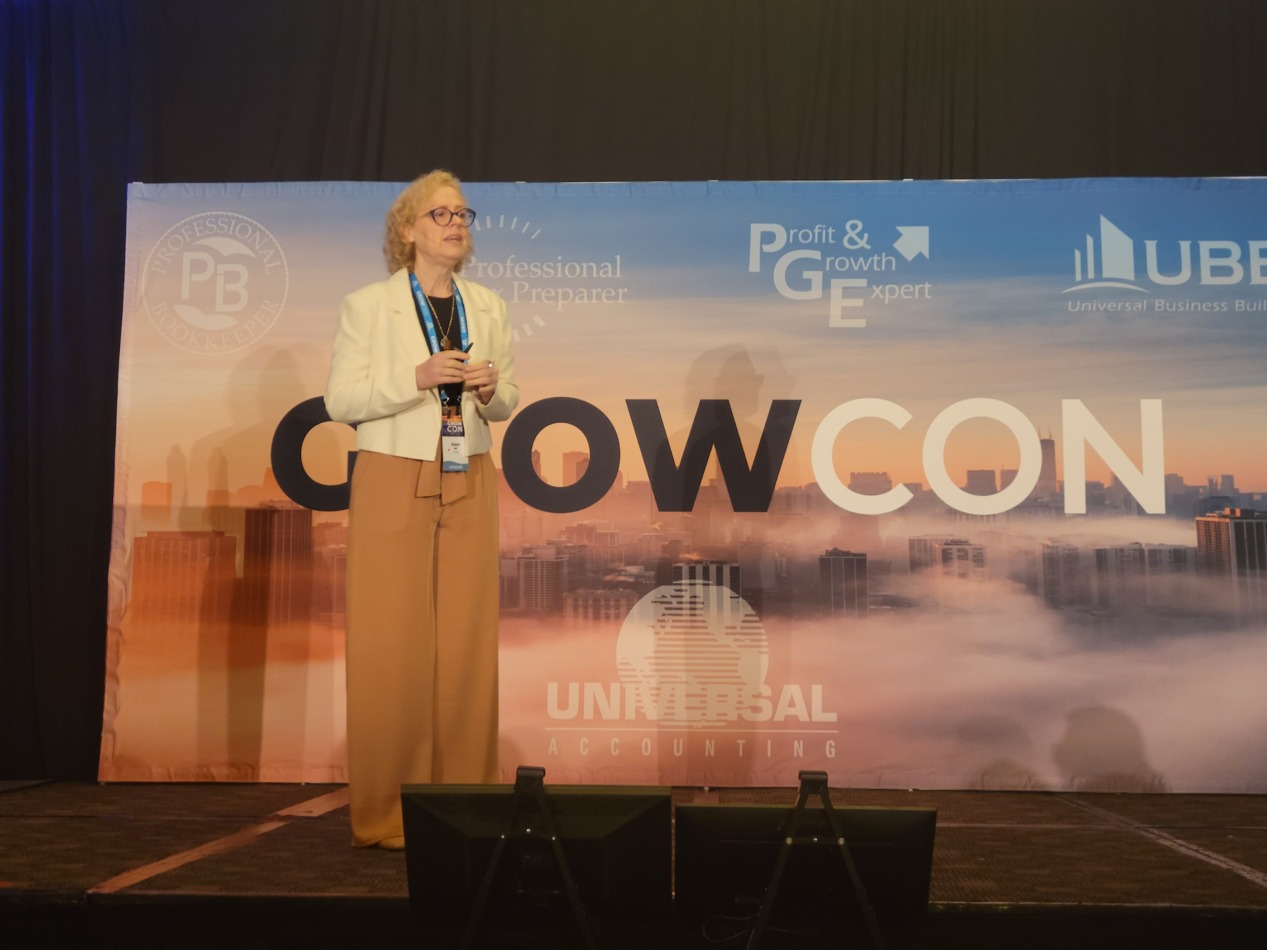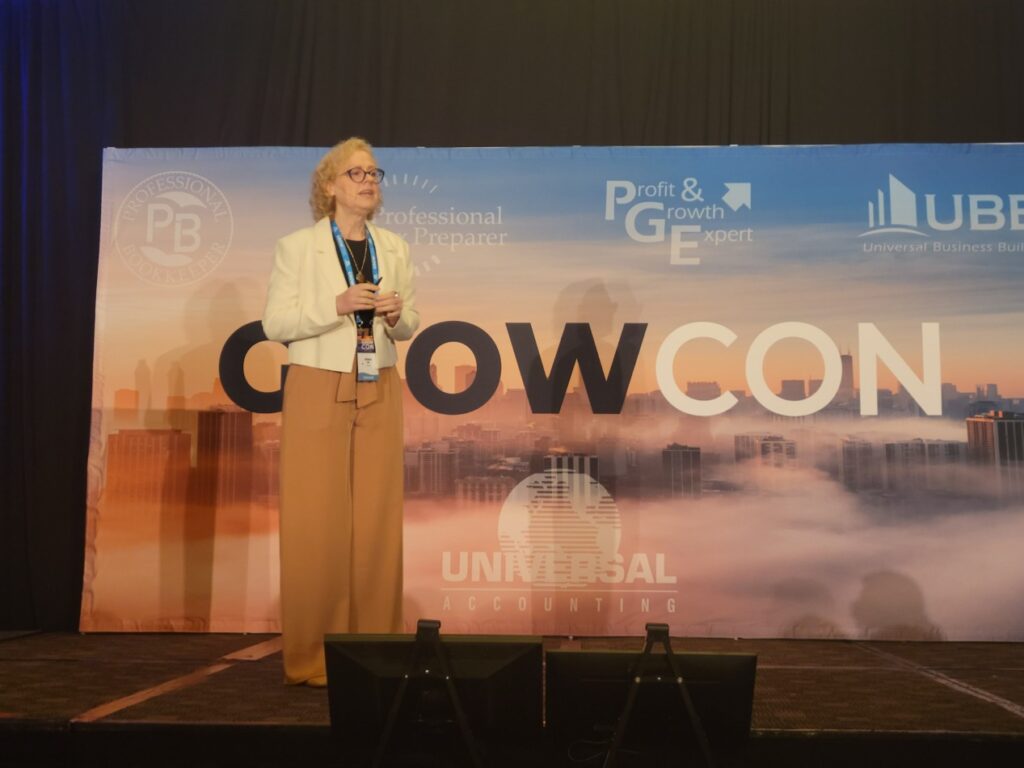 Many of your clients may not have worked with a financial professional before and are unsure what to expect. The rest have worked with financial professionals and may be running on old expectations.
Many of your clients may not have worked with a financial professional before and are unsure what to expect. The rest have worked with financial professionals and may be running on old expectations.
It’s important to have a preliminary meeting where you define the relationship and your expectations, taking special note of what your clients expect from you. You may need to negotiate some of these expectations so that both you and your client are satisfied. Here are 5 things to consider when defining those expectations.
1. Determine the information pipeline. How will information be exchanged? Do you prefer email? Does your client prefer hardcopies? This is something that should be determined before your first official correspondence.
You should also make it clear what information you need from your client, what format it should be in, and when you need it. You don’t want to compromise your own work by reducing the time you have to do it in or by accepting confusing or faulty data.
2. Methods and acceptable times for interaction. When you have your own business, it’s important that you not place yourself on-call 24/7. In order to preserve your own personal time, you should set up acceptable times for correspondence. If the client calls after 7pm, and you’ve told them you’re off-duty after 6:30pm, he/she won’t be offended at being asked to leave a voicemail or call back during your business hours.
3. Set boundaries and keep them. If you tell a client not to call after 6:30pm and you still take the call, you’re sending mixed messages. Set your boundaries and honor them. Also respect any boundaries your client establishes.
4. Determine the services they require. Do they just want you to manage their books, or are they interested in having you submit their taxes come April and give them advice on what they can do in the future to increase productivity? Obviously, the more work you do the more you get paid; but you don’t want to assume your client expects typical accounting services only to discover they expect you to act as their tax preparer as well.
5. Be realistic. Don’t overpromise. Be realistic when estimating the time it will take you to accomplish their requested services. Significant underestimation of time and cost will result in client dissatisfaction once the invoice arrives. Also be realistic in estimated deliverables.
Building healthy relationships with your clients depends on clarity: they should know what to expect from you, and you should know what to expect from them. Once those expectations are defined, you can work on fulfilling them. And fulfilled expectations make for happy clients. And happy clients make for happy financial professionals. And who wouldn’t want to be a happy financial professional?
The Universal Practice Builder (UPB) Program
If you would like to increase your clientele, we have the perfect program for you! While financial professionals may be comfortable crunching numbers, they generally are uncomfortable marketing their services. Wouldn’t it be nice to learn a proven system for increasing your clientele and your bottom line?
The Universal Practice Builder Program is designed to train you how to promote your practice in order to experience significant growth and profitability. This program offers the following:
- $30,000 in new annualized billings in only 12 months
- Tactical goal planning and setting
- The generation of 15 to 25 qualified leads per month
- Phone marketing instruction and training
- Training in the benefits of newsletters and websites
- 12 proven marketing strategies
- Financing options
Build a stellar practice by enrolling in this program today! Call 1-877-833-7908 today to make a positive change in your career!










